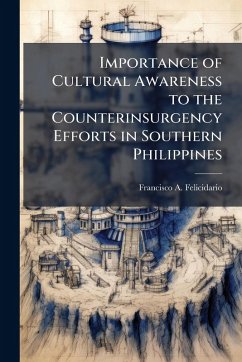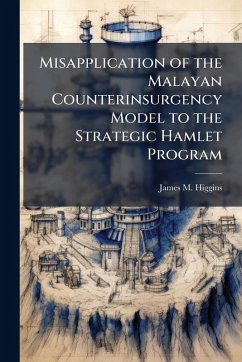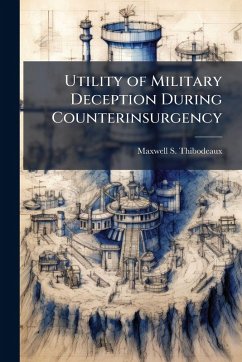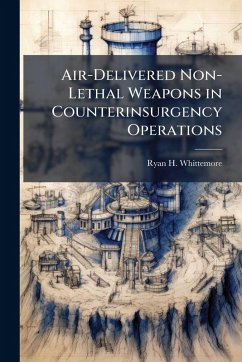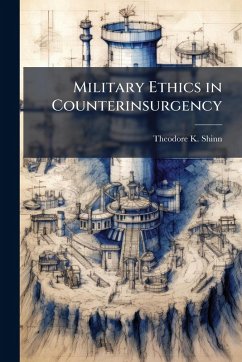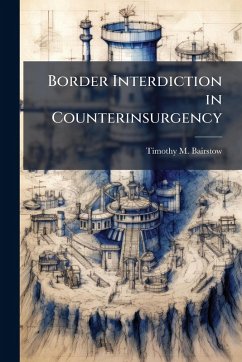
Lessons in Counterinsurgency

PAYBACK Punkte
7 °P sammeln!
U.S. military strategy has focused on large conventional wars throughout the history of the United States. Our doctrine and strategy have been focused on large force-on-force operations even when involved in small wars and insurgencies. The requirements and strategies needed to fight a conventional state-on-state war differ greatly from those needed in small wars and counterinsurgency operations. However, throughout our military history we have failed to prepare for small wars and have suffered the consequences for that lack of preparation. Although we have not prepared for these conflicts, we...
U.S. military strategy has focused on large conventional wars throughout the history of the United States. Our doctrine and strategy have been focused on large force-on-force operations even when involved in small wars and insurgencies. The requirements and strategies needed to fight a conventional state-on-state war differ greatly from those needed in small wars and counterinsurgency operations. However, throughout our military history we have failed to prepare for small wars and have suffered the consequences for that lack of preparation. Although we have not prepared for these conflicts, we have been involved in several small wars and insurgencies in which we were unprepared initially, but learned many valuable lessons. Yet, upon completion of hostilities, we disposed of what we learned and began focusing again on large conventional warfare. Our current involvement in two counterinsurgencies in the middle-east leads us to once again learn how to fight small wars. The lessons learned by other countries can play a valuable role in our education. France fought a protracted small war in Algeria from 1954 to 1962 from which we can learn valuable lessons. They entered the fight in Algeria after unsuccessfully fighting a long counterinsurgency in Indochina, yet their tactics initially did not reflect their experiences in that conflict. As the battle in Algeria progressed however, France adapted their tactics and fought a tremendously well orchestrated counterinsurgency from which we can learn many valuable lessons. Although the French eventually granted Algeria its independence, the study of their struggle provides insight which the US can and should apply in its own conflicts. This work has been selected by scholars as being culturally important, and is part of the knowledge base of civilization as we know it. This work was reproduced from the original artifact, and remains as true to the original work as possible. Therefore, you will see the original copyright references, library stamps (as most of these works have been housed in our most important libraries around the world), and other notations in the work. This work is in the public domain in the United States of America, and possibly other nations. Within the United States, you may freely copy and distribute this work, as no entity (individual or corporate) has a copyright on the body of the work. As a reproduction of a historical artifact, this work may contain missing or blurred pages, poor pictures, errant marks, etc. Scholars believe, and we concur, that this work is important enough to be preserved, reproduced, and made generally available to the public. We appreciate your support of the preservation process, and thank you for being an important part of keeping this knowledge alive and relevant.




